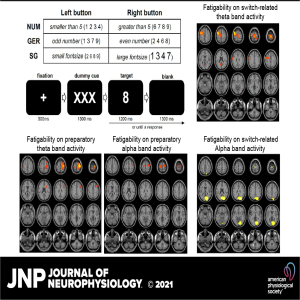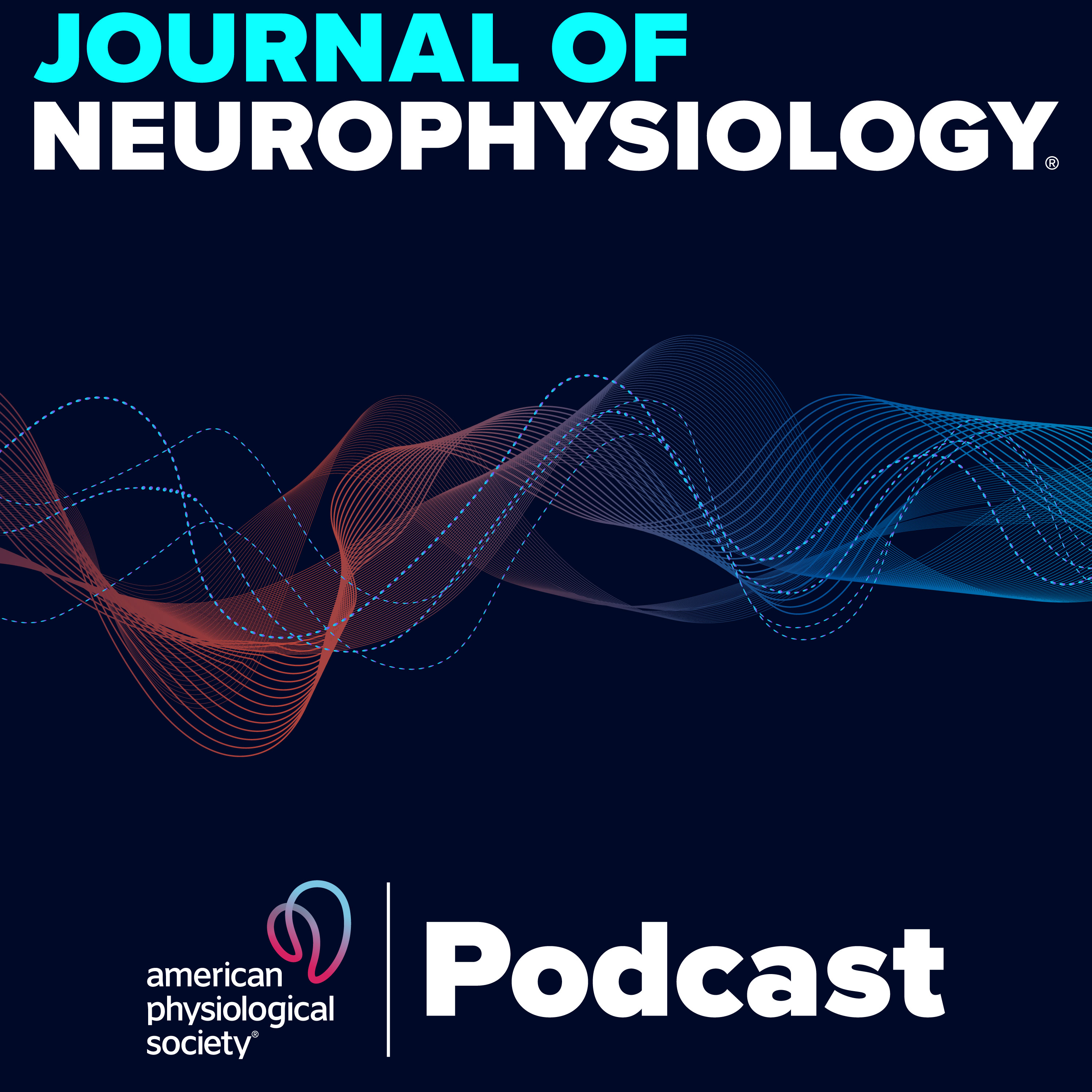Episodes

Tuesday Dec 14, 2021
Tuesday Dec 14, 2021
In our current society, multimedia use is particularly prevalent. It has become increasingly normal to multitask, which requires cognitive flexibility. How do we focus without getting fatigued at the same time? Would you think that the data on fatigability bears information about possible changes in people with “burnout” or other forms of “fatigue”? What is happening in our brain when we fatigue by pursuing our daily tasks? Author, Professor Christian Beste of Dresden University of Technology discusses these questions and more with Editor in Chief Professor Jan-Marino (Nino) Ramirez in our latest podcast. Cognitive flexibility is an essential prerequisite for goal-directed behavior and daily observations already show that it deteriorates when one is engaged in a task for (too) long time. Yet, the neural mechanisms underlying such fatigability effect in cognitive flexibility are poorly understood. We examined how theta, alpha and beta frequency event-related synchronization and desynchronization processes during a cued memory-based task switching are modulated by time-on-task effects. We put special emphasis on the examination of functional neuroanatomical regions being associated with these modulations using EEG-beamforming. We show clear declines in task switching performance (increased switch costs) with time on task. For processes occurring before rule switching or repetition processes, we show that anticipatory attentional sampling and selection mechanisms associated with fronto-parietal structures are modulated by time on task effects, but also sensory areas (occipital cortex) show fatigability-dependent modulations. After target stimulus presentation, the allocation of processing resources for response selection as reflected by theta-related activity in parietal cortices is compromised with time-on-task. Similarly, seem to a concomitant increase in alpha and beta band related attentional processing or gating mechanisms in frontal and occipital regions. Yet, considering the behavioral data showing an apparent decline in performance, this probably compensatory increase is still insufficient to allow reasonable performance. The same is likely the case for processes occurring before rule switching or repetition processes. Comparative analyses show that modulations of alpha band activity are as strongly modulated by fatigability as theta band activity. Implications of these findings for theoretical concepts on fatigability are discussed.
Shijing Yu, Moritz Mückschel, and Christian Beste
Read the manuscript here: https://doi.org/10.1152/jn.00228.2021


No comments yet. Be the first to say something!